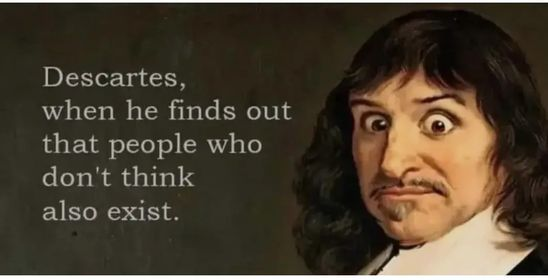Thing, Nothing, and No-thing
In order to truly understand the core of Indian thought, it is important to understand the ontological difference between "Nothing" and "No-thing". The idea of a "no-thing" is unique to Indian worldview, and to the best of my knowledge, is found nowhere else in philosophies across the world. The "no-thing" refers to the core of our subjective experience, or pure awareness, or consciousness. To understand this better, we need to start with the notion of inquiry-- where, a subject or the inquirer is inquiring about an object , or the inquired . All entities that can be objects of inquiry, are " things " and the absence of a thing becomes " nothing ". Conventional science today, regards everything as objects, and considers a subject or inquirer, to be just an object when viewed from the vantage point of some other subject. However, Indian thought argues that what we see about other inquirers are just some objective shell in

